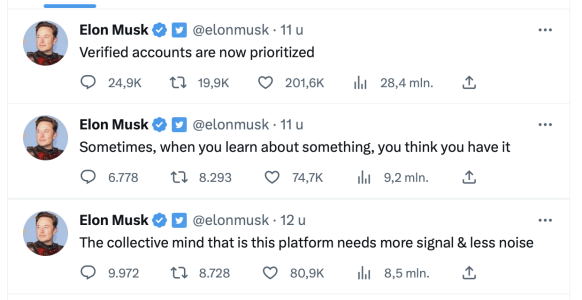Most CEO's of large organizations agree with him on this. The reason he is called out for his views is because he says what he thinks [and believes] to be true, while a large number of people (including CEO's of other big companies) listen. There's a reason they listen.
The reasoning is simple, most people can't stay engaged within the distractions of the home life. Productivity decreases significantly when people work from. Creativity is constrained because people aren't constantly interacting with one another like they do when engaging in a physical workspace.
There are some good reasons for allowing people to work from home but it is generally a small exception. If a person demonstrates the need and offers a larger value to the organization [than they are paid] then it is likely to be granted. If it doesn't meet those criteria then, "lala land," will soon ring in their ears.
I worked from home for a few years and know others that met the criteria and personally, I would much rather work in an office. Long stints of working from home can become hard on a person for a variety of reasons - even high level introverts like myself. I actually quit a high paying job where I was working at home because it was less fulfilling and hard on my mental state. If I had a choice, it would probably be some kind of a hybrid solution where I spent 3 days in the office and 2 days at home working. Granted, it was not uncommon for me to work very long hours and be engaged during non work hours in the middle of the night during my at home job.
I would rather work in the office doing things that were creative and involved a broad spectrum of constant new challenges, than working from home doing anything that approaches repetition.
Saying that a request to work from home is "morally wrong," is a stretch, but I suppose that depends on who is making the request and how it is being made.
I can see why people get upset by his statements, but I believe he says some things just so the conversation will end and his position will be clear. If he doesn't say it then the management of the entire organization will be constantly hit with requests that don't meet the criteria for organizational success. If he says it once then the productivity of management and their groups goes up significantly.
I think he's an INTJ for many of the reasons mentioned in this thread. Lot's of good analysis done by many people.





